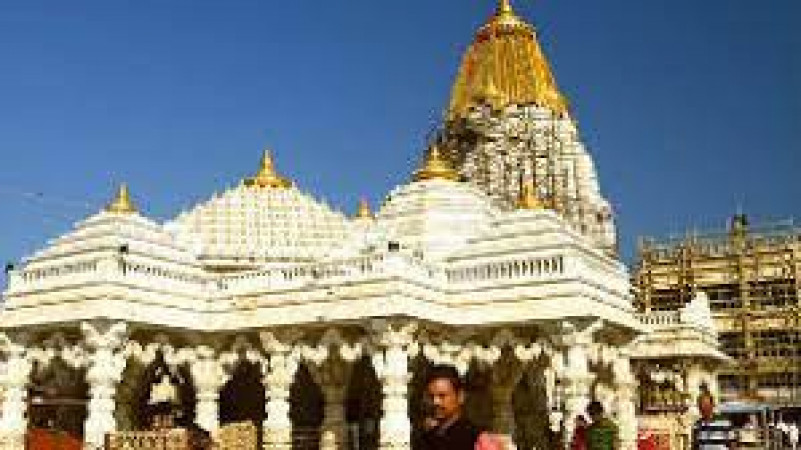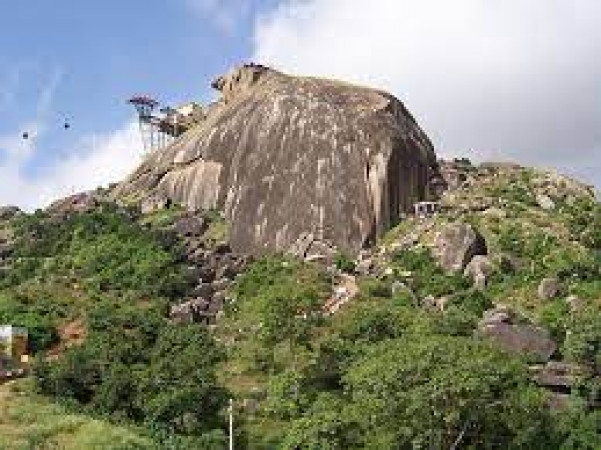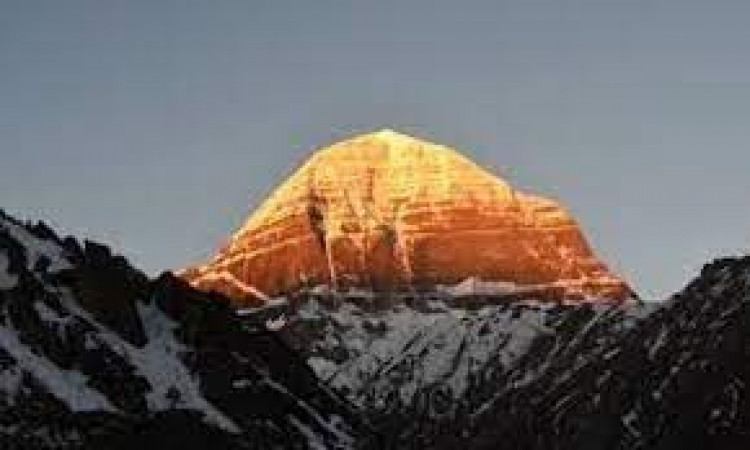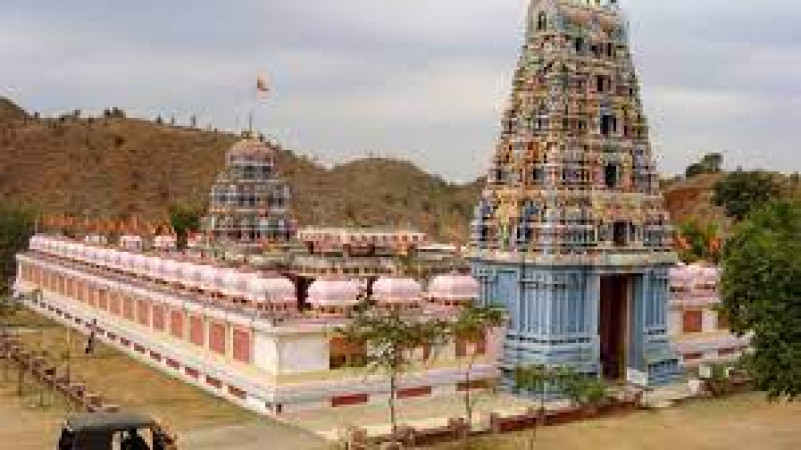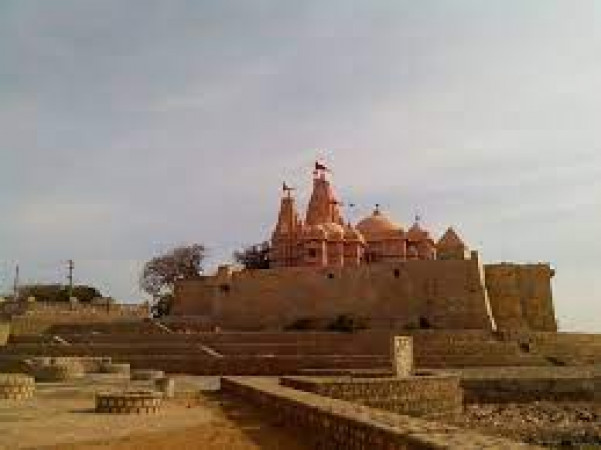
Danta
Duration
2 to 4 Days
2 to 4 Days
Best time to visit
Oct-Jan
Oct-Jan
Theme
Hill Station, Adventure
Hill Station, Adventure
Danta Travel Guide
Danta, located in India, is a charming destination known for its rich historical significance, breathtaking geography, and vibrant cultural heritage. The town is famous for its majestic forts, ancient temples, and colorful festivals that attract travelers from all over the world.Top Attractions in Danta
- Danta Fort
- Ambaji Temple
- Taranga Hill
- Rani ki Vav Stepwell
- Modhera Sun Temple
Danta is Famous for
Danta is most famous for its historical landmarks and religious sites that showcase the rich cultural heritage of the region.Top Attractions in Danta
- Explore the ancient Danta Fort
- Visit the sacred Ambaji Temple
- Trek to the picturesque Taranga Hill
- Admire the intricate architecture of Rani ki Vav Stepwell
- Witness the grandeur of Modhera Sun Temple
What's Great about Travelling to Danta?
- Experience the rich history and culture of the region
- Enjoy the picturesque landscapes and serene atmosphere
- Indulge in authentic local cuisine and traditional festivals
What's Not So Great about Travelling to Danta?
- Limited accommodation options
- Limited transportation facilities
- Remote location may not be suitable for travelers seeking a bustling city experience
Travel Tips for Danta
- Check visa requirements before traveling
- Hire a local guide for a better understanding of the historical sites
- Respect local customs and traditions
Important Danta trip information
- Ideal Duration: 2-3 days to explore the key attractions
- Best Time to Visit: October to March for pleasant weather
- Nearby Airports and Railway Stations: The nearest airport is in Ahmedabad, and the closest railway station is in Palanpur
Top 5 Places to visit in Danta
FAQ's on Danta
Q1: What is the best time to visit Danta?
The best time to visit Danta is during the winter months from November to February when the weather is pleasant and cool. This period is ideal for exploring the city without the scorching heat of summer. Additionally, Danta hosts various cultural festivals and events during this time, offering a vibrant experience for visitors.
Q2: Do I need a visa to travel to Danta?
Tourists visiting Danta typically require a visa for entry. It is advisable to check with the local embassy or consulate for specific visa requirements based on your nationality. Some countries may have visa exemptions or visa-on-arrival facilities for short stays in Danta.
Q3: What are the must-visit attractions in Danta?
Danta is known for its historical landmarks, including the majestic Danta Fort, the serene Danta Lake, and the vibrant local markets. Visitors should not miss exploring the intricately designed Jain temples and enjoying the panoramic views from the surrounding hills.
Q4: Is Danta a safe place to travel?
Danta is generally considered a safe destination for travelers. However, like any other place, it is advisable to be cautious of your surroundings and belongings, especially in crowded areas. It is recommended to avoid isolated areas at night and to follow basic safety precautions.
Q5: What is the local currency in Danta and can I use credit cards?
The local currency in Danta is the . While credit cards are accepted in some hotels and establishments in urban areas, it is advisable to carry cash for transactions in local markets and smaller shops. ATMs are also available in the city for convenient cash withdrawals.
Q6: What is the local cuisine like in Danta?
Danta offers a rich culinary experience with a blend of traditional Rajasthani flavors. Visitors can savor local delicacies such as Dal Baati Churma, Gatte ki Sabzi, and Ker Sangri. Vegetarian options are prevalent in Danta due to cultural preferences, but there are also non-vegetarian dishes available at select eateries.
Q7: What transportation options are available in Danta?
In Danta, travelers can utilize various transportation options, including auto-rickshaws, taxis, and bus services for local commutes. Car rentals are also available for exploring nearby attractions. For longer journeys, trains and intercity buses offer convenient connections to other cities.
Q8: Are there any cultural norms or etiquette I should be aware of when visiting Danta?
Travelers to Danta should respect local customs and traditions. It is customary to dress modestly, especially when visiting religious sites. Removing shoes before entering temples or homes is a sign of respect. Additionally, greeting people with a "Namaste" and showing courtesy in interactions are valued in the local culture.
Q9: I am a travel agent. How can I buy travel leads of Danta?
Register yourself as a travel agent at agents.tripclap.com and then you can buy travel leads to Danta once your account is approved. For more details contact our support team at +91-8069186564 or support@tripclap.com
